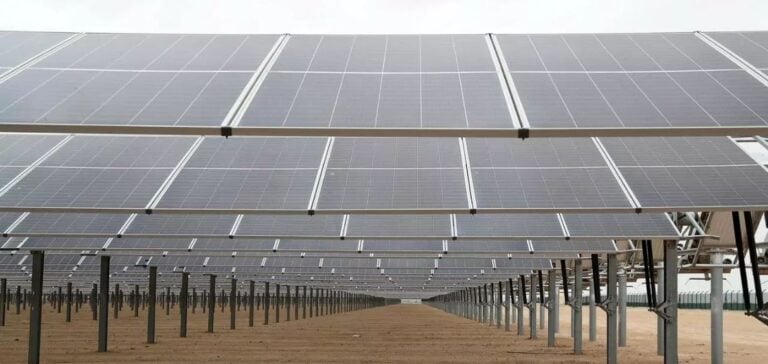Masdar, a major renewable energy player, strengthens its credibility on the international stage by surpassing the 51GW mark. Observers note the speed of this growth, made possible by a wide range of solar and wind initiatives. Several financial arrangements support these projects, allowing for the mobilization of significant capital from institutional investors. This momentum intrigues many experts, who see it as a positive indicator for the future of the low-emission energy sector.
Operations conducted in Europe consolidate Masdar’s presence in markets considered strategic. Certain solar and wind projects in Spain and Greece benefit from solid agreements, combining public-private partnerships and structured financing. Large-scale farms are taking shape, with execution entrusted to qualified teams. This pooling of expertise aims to secure the rapid commissioning of the facilities while ensuring robust returns for stakeholders.
Solid expansion in North America
On the North American continent, Masdar commits substantial resources to develop solar and wind farms. Long-term Power Purchase Agreements (PPA) provide visibility on future revenues. This approach secures supply for consumers and enhances the resilience of power grids. Several pension funds and insurance companies see it as a stable investment opportunity, supported by an energy policy focused on diversification.
The deployment also includes modernization of existing wind farms, sometimes combined with the installation of storage batteries. Local authorities encourage these measures, which can mitigate renewable energy intermittency and reduce reliance on fossil fuels. This development proves critical for meeting growing electricity demand while adhering to stricter environmental standards. Stakeholders are banking on lasting profitability, backed by a favorable regulatory framework.
Large-scale projects in Central Asia
Several significant projects are being established in areas known for wind resources, where Masdar is developing high-capacity sites. These installations reach several hundred megawatts and complement ongoing solar farms. Local governments are involved by streamlining permit acquisition and promoting the creation of specialized jobs. These technical and economic strides aim to strengthen energy autonomy by leveraging abundant natural resources.
Financing strategies, often centered on green bonds, attract a wide range of institutional players seeking stability and positive environmental impact. The economic benefits include the modernization of electricity transmission networks, with local involvement encouraging the development of a skilled workforce. This shared vision is generating momentum in the region, where the injection of clean energy could further stimulate industry growth.
Momentum in the Middle East and high prospects
On the Arabian Peninsula, Masdar leverages strong solar irradiation to install several plants exceeding one gigawatt. Certain storage systems complement the offering, optimizing energy production and transmission. Investment decisions are bolstered by regulatory frameworks that facilitate long-term contract signings. Industrial players welcome this strategy, which enhances economic diversification and the innovative image of the local energy sector.
Masdar’s overarching goal extends well beyond 51GW, driving the financial markets’ interest in low-emission energy. Analysts believe that continued progress could enable the group to reach even more ambitious milestones. Risks related to raw materials or geopolitical tensions persist, but the group’s financial strength remains a key asset. However, questions arise about future competition in a rapidly evolving sector sought after by various operators.






















